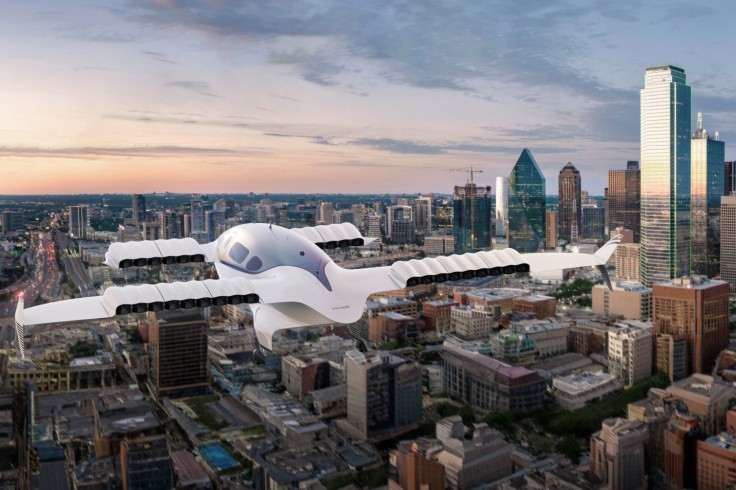German flying taxi service, Lilium, received the green light to design and operate its electrical vehicles.
The European Union Aviation Safety Agency awarded Lilium the "Design Organization Approval," authorizing the production of the "first all-electric vertical take-off and landing" vehicles.

Alastair McIntosh, Lilium COO and Design Organization Head, said the approval is effectively a "license to operate" for the firm to operate commercial services soon.
Lilium started to develop the electronic jet as an alternative transportation means in 2017. The company has designed and tested five "generations of technology" to develop a "safe and compliant aircraft."
The firm is currently seeking similar approval from the Federal Aviation Administration to operate in the U.S. too.
Lilium's approval came a month after its competitor Archer received the green signal from the FAA last month.
Lilium eVTOL Features and Advantages
Boasting aerodynamic efficiency, Liliium jets are equipped with Ducted Electric Vectored Thrust that provides the vehicle advantages in payload and lower noise emission.
The engines are integrated into the vehicle's wing flaps and only rely on a single "stage" rotor system to fly. The latest improvements in the flying taxi allow it to drive more eco-friendly and quietly.
Lilium's eVTOL can accommodate up to six passengers but also comes in with a four-seater model.
Related Article : Lilium Has Created a More Eco-Friendly Way of Flying Privately
What are Flying Taxis and Why Are They Here
The last decade has seen the rise of electric aerial lifts across Europe and the U.S. as companies aim to capitalize on the change in commuter behavior and emissions output.
More than 700 prototypes and designs for aerial ferries have been filed by some 350 companies since then, the Vertical Flight Society reported.
The FAA expects flying taxis to become publicly available as early as 2028. Several manufacturers are even aiming to begin operations in 2025.
EASA Acting Executive Director Luc Tytgat said that the agency will continue on "setting the right rules for operations" as it pushes for "the societal acceptance of Urban Air Mobility."









